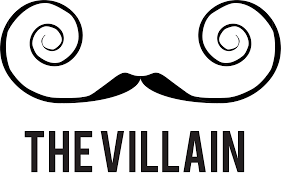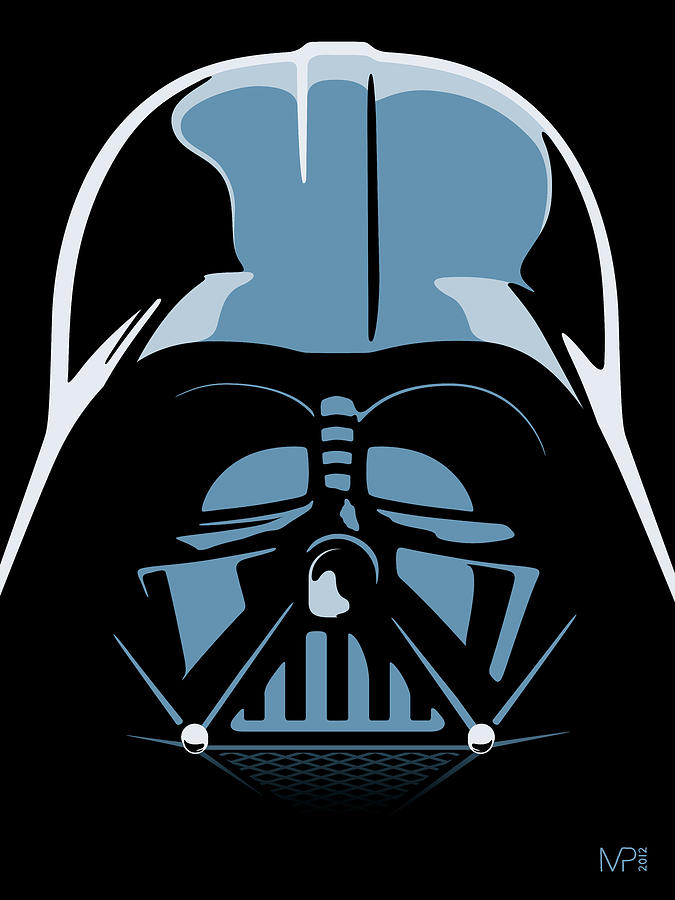Archetype – Examples and Definition of Archetype: “Archetype Definition
In literature, an archetype is a typical character, an action or a situation that seems to represent such universal patterns of human nature.
An archetype, also known as universal symbol, may be a character, a theme, a symbol or even a setting. Many literary critics are of the opinion that archetypes, which have a common and recurring representation in a particular human culture or entire human race, shape the structure and function of a literary work.
Carl Jung, Swiss psychologist, argued that the root of an archetype is in the “collective unconscious” of mankind. The phrase “collective unconscious” refers to experiences shared by a race or culture. This includes love, religion, death, birth, life, struggle, survival etc. These experiences exist in the subconscious of every individual and are recreated in literary works or in other forms of art.”
“[T]he journey of the hero … I consider the pivotal myth that unites the spiritual adventure of ancient heroes with the modern search for meaning. As always, the hero must venture forth from the world of common-sense consciousness into a realm of supernatural wonder. There he encounters fabulous forces–demons and angels, dragons and helping spirits. After a fierce battle he wins a decisive victory over the powers of darkness. Then he returns from his mysterious adventure with the gift of knowledge or of fire, which he bestows on his fellow man.





